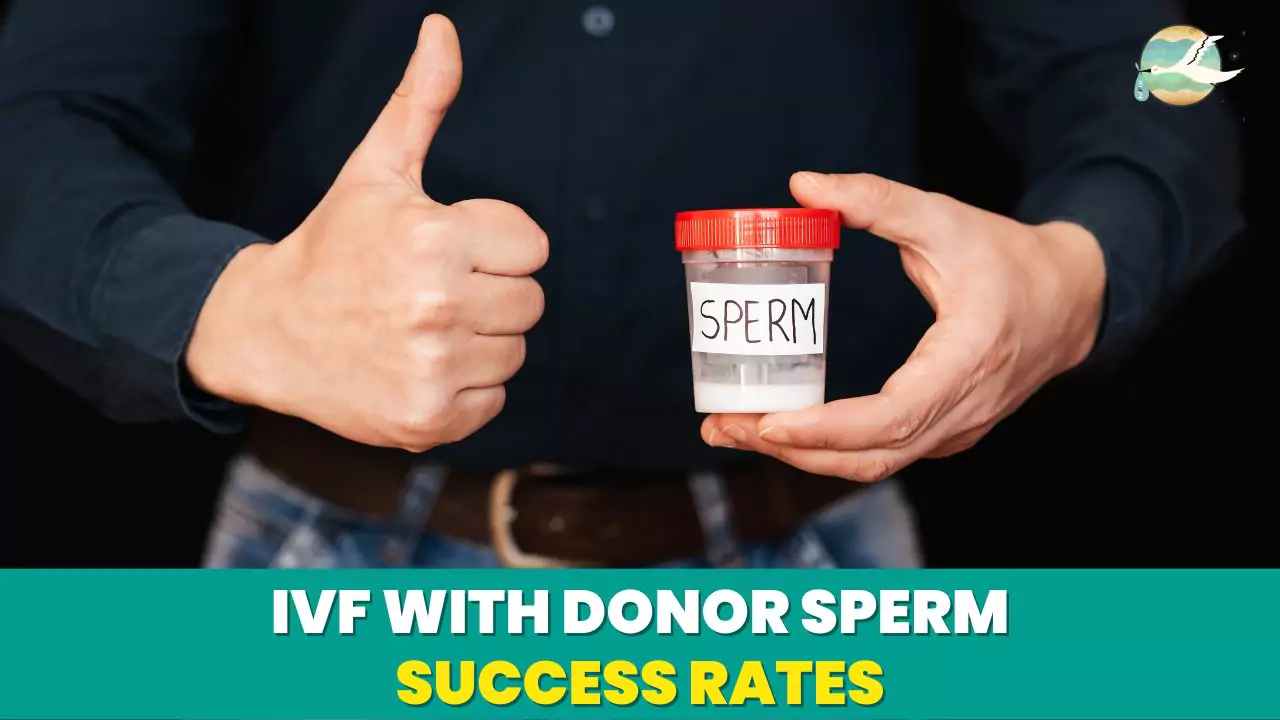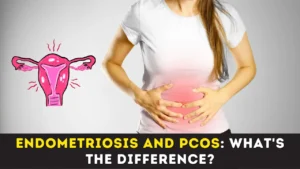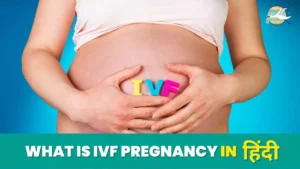Discover the latest insights on IVF with donor sperm success rates. Learn about the process, factors affecting success, and expert tips for a successful journey.
Table of Contents
IVF with donor sperm has become a ray of hope for many couples struggling with infertility in the field of assisted reproductive technologies. For those who might not have otherwise had a way to become parents, this ground-breaking method provides one. In this complete guide, we delve into the complexities of IVF with donor sperm success rates, clarifying the variables that affect results and providing professional guidance for a smooth journey.

IVF with Donor Sperm Success Rates
The details that go into these figures must be understood in order to fully comprehend the success rates of IVF with donor sperm. The main factors influencing success probability are separated out in this section.
Age: The effectiveness of IVF with donor sperm is highly dependent on the recipient’s age. Studies frequently suggest that younger receivers have better success rates, underlining the significance of prompt intervention.
Sperm Quality: The caliber of the donor sperm utilized is a crucial component. Good morphology, optimal concentration, and excellent motility are examples of quality indicators. Clinics carefully evaluate and choose sperm donors in order to maximize the chance of success.
Embryo Quality: An important component of success in IVF is the caliber of the embryos produced. We take the quantity, balance, and absence of fragmentation very carefully.
Reproductive History: In the event that there have been prior IVF attempts, those can provide valuable insights. Failed attempts may necessitate modifications to the treatment plan, which could lead to a better outcome.

Factors That Affect Donor Sperm Success Rates
Many factors can affect the success rate of IVF with donor sperm, including:
- The woman’s age: The success rate of IVF decreases with age. This is because the quality and quantity of eggs decline as women get older.
- The woman’s overall health: Certain medical conditions, such as endometriosis and fibroids, can reduce the chances of success with IVF.
- The quality of the donor sperm: The quality of the donor sperm can also affect the success rate of IVF. Sperm is evaluated in the laboratory to assess its motility, morphology, and concentration.
- The fertility clinic: IVF’s success rate can change based on the fertility center. It’s important to carry out research and pick a clinic with an excellent track record for success.
Strategies to Boost IVF with Donor Sperm Success Rates
The following techniques can increase the success rates of IVF with donor sperm:
- Choose a reputable IVF clinic– Success rates range significantly depending on the caliber of the IVF laboratory and the level of experience of the fertility team.
- Select a sperm donor with a good track record– Donors are screened for genetic illnesses and other health concerns by sperm banks, but it is just as important to find a donor with a high pregnancy rate.
- Use fresh sperm if possible– Fresh sperm has a higher conception rate than frozen sperm.
- Consider using ICSI– ICSI is a method that involves injecting a single sperm directly into an egg. This can be beneficial for couples experiencing male factor infertility or who are using frozen sperm.
- Take good care of yourself before and during IVF treatment– This involves eating a nutritious diet, exercising regularly, and getting adequate sleep.
- Manage stress levels- Because stress can interfere with conception, it’s critical to discover healthy ways to handle it.
Cost Of IVF With Donor Sperm
In India, the cost of IVF with donor sperm varies based on the clinic, the type of sperm donor, and the number of cycles required. The usual cost, however, is between Rs. 150,000 and Rs. 300,000.
Here is a summary of some of the costs associated with IVF using donor sperm:
- Sperm donor fee: Rs. 8,000 to Rs. 15,000
- IVF cycle cost: Rs. 1,70,000 to Rs. 300,000
- Medication costs: Rs. 20,000 to Rs. 50,000
- Other costs: Rs. 10,000 to Rs. 20,000 (for storage fees, consultations, etc.)
The location of the facility, the kind of sperm donor, and whether any additional procedures are needed all affect how much IVF using donor sperm costs in the USA. Nonetheless, one IVF cycle with donor sperm typically costs between $13,000 and $17,000.
Legal Conditions for Using IVF with Donor Sperm
When using donor sperm in IVF, there are important legal requirements that must be followed to protect everyone’s rights and welfare. Both the receiver and the sperm donor must give their informed permission to ensure that they fully comprehend the implications of the treatment. Regulations about donor anonymity may differ between jurisdictions; some may permit it while others demand donor identity disclosure. By establishing legal parenthood with clear paperwork, all parties’ rights and obligations are protected. For safety reasons, the sperm donor must undergo thorough testing and screening for genetic disorders and infectious infections.
The rights and obligations, including those related to custody, visitation, and financial support, should be outlined in legal agreements. It is recommended that all parties get separate legal assistance. Maintaining thorough records is essential for adhering to the law. Respecting federal, state, and local laws is essential. If the parties are located in separate nations, international consequences should be taken into account. Finally, it’s critical to have a clear conflict settlement procedure. Ensuring compliance with all relevant legal requirements is ensured by consulting reproductive law specialists.
Conclusion
Using donor sperm to start the IVF process is a significant step towards fulfilling the goal of becoming a parent. By being aware of the variations in success rates and implementing professional guidance, individuals and couples can embark on this path with confidence and hope. Recall that each journey is unique and that, with the right support and guidance, becoming a parent is attainable.
FAQs: IVF with Donor Sperm Success Rates
Q: What is the ideal age range for IVF with donor sperm?
A. Younger recipients are more likely to have successful outcomes. But for many, this window of possibility has been extended because of developments in reproductive technology.
Q: Can I choose the sperm donor?
A. Yes, a lot of respectable clinics provide a range of donor profiles, allowing recipients to select based on certain factors including physical characteristics, level of education, and medical background.
Q: Are there any risks associated with IVF using donor sperm?
A. Like any medical process, there are possible risks with IVF using donor sperm even though it is mostly safe. These could include ectopic pregnancy, multiple pregnancies, and ovarian hyperstimulation syndrome.
Q: How many IVF cycles may be needed for success?
A. The quantity of cycles varies from person to person. It often takes two to three rounds to produce a successful result.
Q: Are there alternative treatments if IVF with donor sperm is unsuccessful?
A. Yes, alternative assisted reproductive methods, such as gestational surrogacy or egg donation, may be taken into account depending on specific circumstances.
Q: What can I do to support emotional well-being during this journey?
A. A few helpful methods for maintaining mental well-being throughout the process include asking for help from close friends and family, joining support groups, and thinking about seeking professional counseling.





[…] IVF with Donor Sperm Success Rates […]